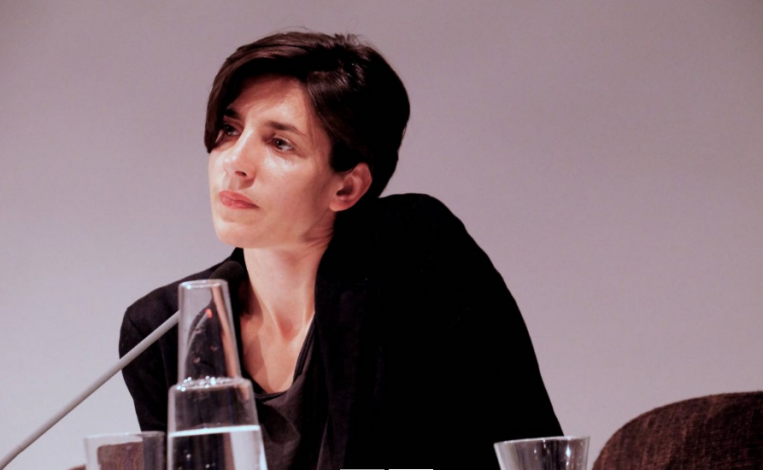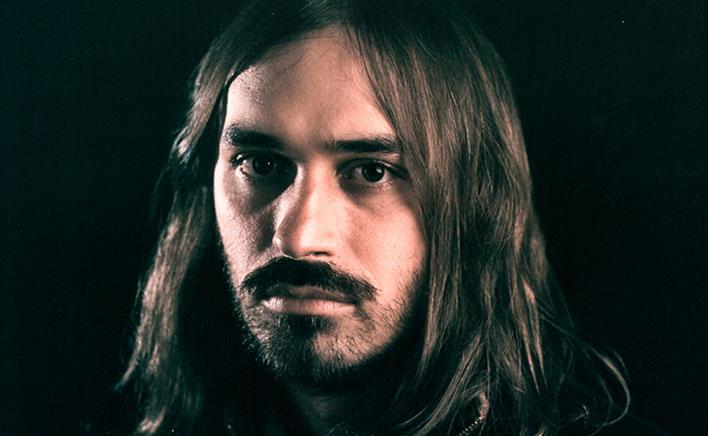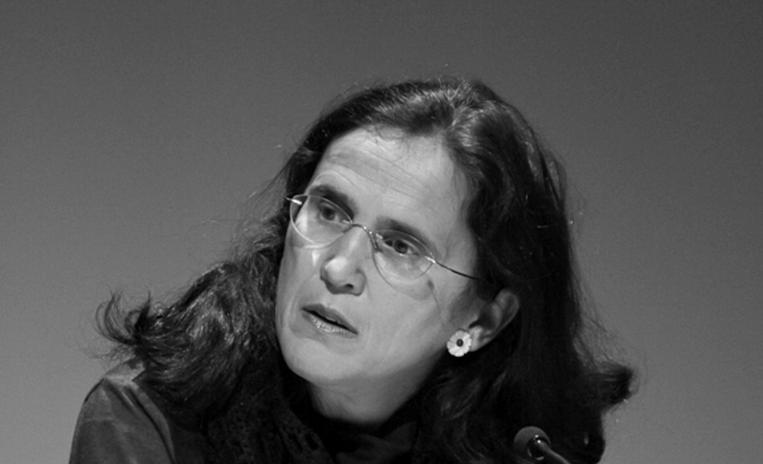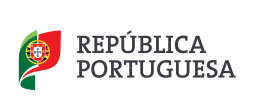
FILIPA CÉSAR
Filipa César (Porto, 1975) is a Berlin-based artist and director, interested in the fictional aspects of the documentary, in the blurred boundaries between cinema and its reception, and in the politics and poetics inherent in the moving image. Her work includes artistic installations such as “F for Fake” (2005), “Rapport” (2007), “Le Passeur” (2008), “The Four Chambered Heart” (2009) or “Menogram” (2010), which have been exhibited all over the world. Her filmography includes films such as “Mined Soil” (2015), “Spell Reel” (2017) or “Sunstone” (2017), screened at national and international film festivals.
Since 2011, Filipa César has been investigating the origins of militant cinema in Guinea-Bissau and its imaginary, as part of the collective project Luta ca caba inda (the struggle is not over yet). Since 2018 César is an honorary member of the Coletivo Cadjigue.
COLETIVO CADJIGUE
Coletivo Cadjigue is a cultural association created in 2014 following the collaborative production of the film Kadjike, directed by Sana na N’Hada and in the context of the Luta ca caba inda archive project. The association aims to value the Bijagós' Islands material and immaterial culture, attentive to oral tradition and ritual transmission, and the development of creative methods for performative and audiovisual production in response to threats of obliteration to the archipelagos culture and its inhabitants, fauna, flora and other entities.
The collective brings together the following members: Emanuel Lopes (Formosa Island); Lay Seck Jr. (Carache Island); Fatucha Bari, Eligio Mendonça (Uno Island), Aideler Mendes, Rui Knight, Out António Gomes (Canhabaque Island); Joãozinho Manjor (Representation of the Régulos, Bubaque Island); Luís Ié, Tito António Lopes, Dominga Banca, Adulai Embaló, Tânia Marcos Pereira, Dionisia Cardoso, Maimuna Arafam, Sadjo Sambu, Adam Lopes Correia, May Falcon, Alada Mendes, Diamantino Carlos, Abubacar Joaquim Gomes , Sana na N'Hada (Bissau) and Filipa Cesar (honorary member, Berlin).
KARRABING FILM COLLECTIVE
The Karrabing Film Collective (est. 2010) is a collective of filmmakers and artists who use their aesthetic practices as a means of self-organization, resistance and social analysis. Most of the group's members are indigenous and live in a rural community in Australia’s Northern Territories. In the Emiyengal indigenous language Karrabing means “tide out.” It refers to a time of coming together, as well as to the coastline that connects the Karrabing Film Collective as an extended family group across social lines.
The group creates films using an “improvisational realism” method that opens a space beyond the fictional and the documentary, for composing nonlinear narratives that touch the themes of cultural memory, place, and ancestry by freely jumping in time and place. Thus, the Karrabing Film Collective exposes the longstanding aspects of colonial violence that directly impact its members, such as environmental devastation, land restrictions, and economic exploitation.

MATÍAS PIÑEIRO
Matías Piñeiro (Buenos Aires, 1982) is one of the most important names in the new generation of South American directors. He has affirmed a distinct voice, with inventive films that freely rely on classic dramatic texts to explore the power of desire and language and the brutality of loneliness, in fragmented narratives that speculate on cinema's potential to tell complex and multiple character stories.
He has presented his films in many of the major international film festivals including Berlinale, Locarno, Toronto, New York and San Sebastian andmuseums like Tate Modern and MoMa. His work has been the object of retrospectivese in venues such as Jeu de Paume Musée du Louvre, Cinematek (Brussels), Filmoteca Española – Cine Doré (Madrid), Arsenal – Cinematek (Berlin). As a programmer, he has been collaborating with Punto de Vista Film Festival and the legendary Anthology Film Archives, among others.
As for teaching experience, Matias Piñeiro has been working with the Pratt Institute (New York) since 2016 and has collaborated with schools and universities such has Le Fresnoy – Studio Natuional des Arts Contemporains, CalArts and Deutsche Film-und Fernsehakademie Berlin - DFFB.

ARIELLA AISHA AZOULAY
Ariella Aisha Azoulay (Tel Aviv, 1962) is an author, art curator, filmmaker, and theorist of photography and visual culture. She is a professor of Modern Culture and Media and the Department of Comparative Literature at Brown University and has been considered one of the most compelling theorists of photography writing today.
Some of her curatorial works are the archive Act of State 1967-2007 ( Centre Pompidou, 2016), Enough! The Natural Violence of the New World Order (F/Stop festival, Leipzig, 2016), The Natural History of Rape, Pembroke Hall, Brown University, The Body Politic [in Really Useful Knowledge, curated by What, How & for Whom / WHW], Reina Sofia, Madrid; When The Body Politic Ceases To Be An Idea, Potential History (2012, Stuk / Artefact, Louven), Untaken Photographs (2010, Igor Zabel Award, The Moderna galerija, Lubliana; Zochrot, Tel Aviv), Architecture of Destruction (Zochrot, Tel Aviv), Everything Could Be Seen (Um El Fahem Gallery of Art).
She's a director of documentary films as well, among which: Civil Alliances, Palestine, 47-48 (2012), I Also Dwell Among Your Own People: Conversations with Azmi Bishara (2004), The Food Chain (2004).
Her latest book Potential History: Unlearning Imperialism is a theoretical tour-de-force, calling to recognize the imperial foundations of knowledge and to refuse its structures and its many violences. She proposes us to rewind history and unlearn our imperial rights: unlearning imperialism, unlearning the archive, unlearning our complicity with regimes of violence, domination and exploitation, and unlearning photography and its capacity to foreclose potential histories that must urgently be realized and reclaimed.
HAGAR OPHIR
Hagar Ophir is a Jerusalem born and Berlin-based research and action artist.
She is a performer and visual researcher whose works examine constructions of historical narrative and national identity through the choreography of bodies. Trained as a historian, a stage designer and a dancer, Ophir engages the methodologies of history writing to create performances that stage interventions into knowledge production practices. Her critical performative historiography creates a space in which to differently imagine possible futures.
As co-creator and performer in Public Movement (2008-2016), she took part in actions at various international venues including: Guggenheim Museum, NYC; Tel Aviv Museum of Art, Israel; ACA Melbourne, Australia; Asian Art Biennial, Taiwan.




